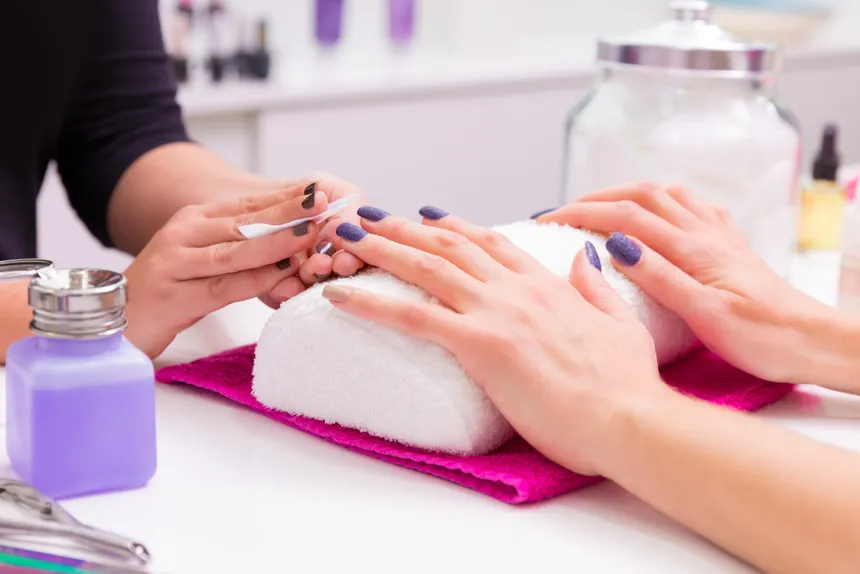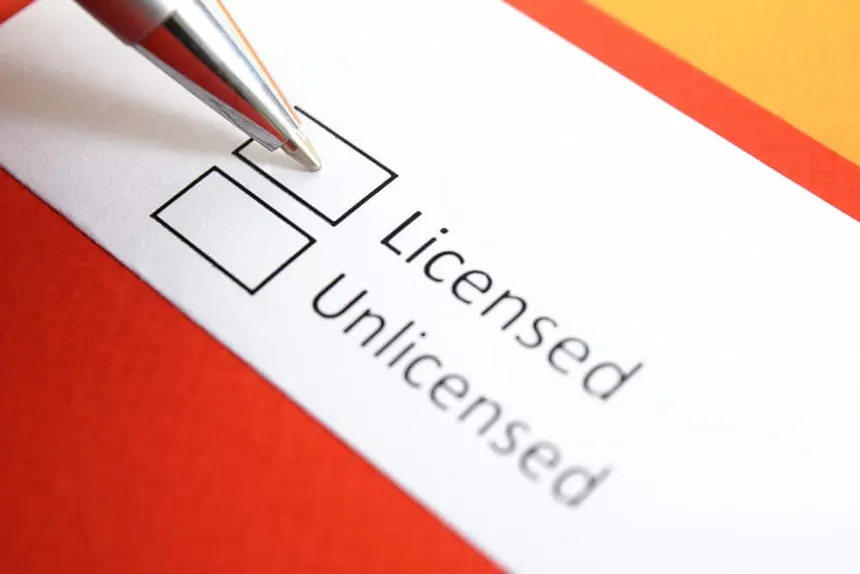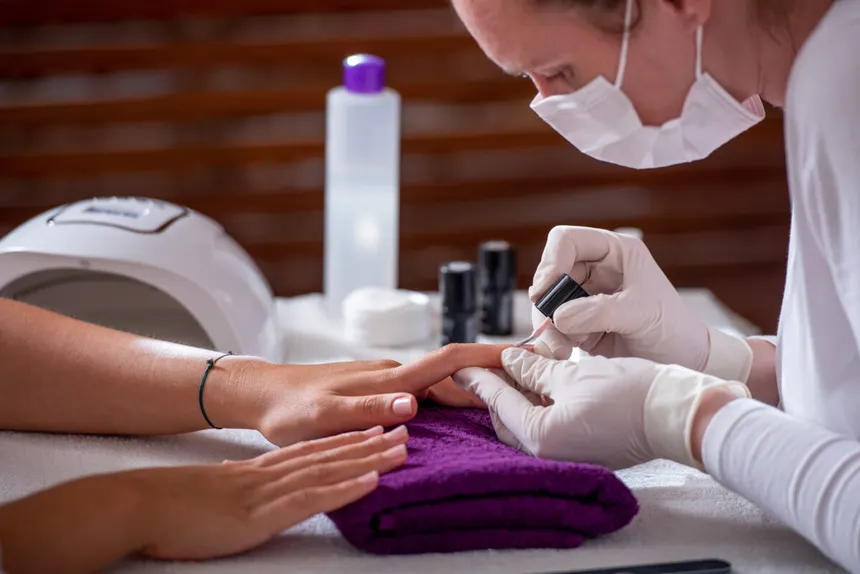Your dream beauty career starts here—30,000+ students and counting

CEO/Founder Of Bela Beauty College
No, you generally cannot legally take paying clients without a nail technician license in Australia. Doing so can lead to legal consequences, fines, and insurance issues—even if you’re working from home or “just practicing.”

No, in Australia, it is illegal in most cases to take clients and offer paid nail services without a valid nail technician license. Whether you’re working from home, mobile, or part-time, a license ensures you meet national health, hygiene, and professional safety standards.
Now let’s break this down and understand why, the risks involved, and how to go about it the right way with guidance from Bela Beauty College.
To legally offer nail services in Australia, a technician must typically complete a Certificate III in Nail Technology through a registered training organisation such as TAFE or a private beauty college.
Why You Need One:
The purpose of a license or certification is not just to check a box—it’s to prove that you’ve learned infection control, anatomy of nails, hygiene protocols, and how to prevent harm to clients.

Yes—offering professional nail services without the proper certification is considered illegal in most Australian states.
State Example – NSW & VIC:
In NSW and VIC, if you’re offering treatments that involve cuticle cutting, acrylics, or gel application without training, you risk violating Public Health Regulation Acts.
Before offering services—whether you’re at home, mobile, or renting a chair—you need to understand the serious risks of working without a license.

Working from home doesn’t make you exempt from the law. You still need to follow Australian regulations for health and safety.

Getting licensed isn’t just about legality—it’s about becoming a confident, knowledgeable professional. Bela Beauty College offers structured pathways to get certified.
This is a common scenario: you’re just doing nails for friends or learning the ropes. But where is the legal line?
Even if you’re starting out, having insurance is essential—especially when dealing with the public.
Suite 7
144-156 George Street,
Fitzroy Victoria,
Australia 3065
1212-1175 Douglas Street 7
Victoria,
Canada V8W 2E1
6 Clayton Street
Newmarket, Auckland
New Zealand 1023
5th Floor
60 Cheapside
London EC2V 6AXa